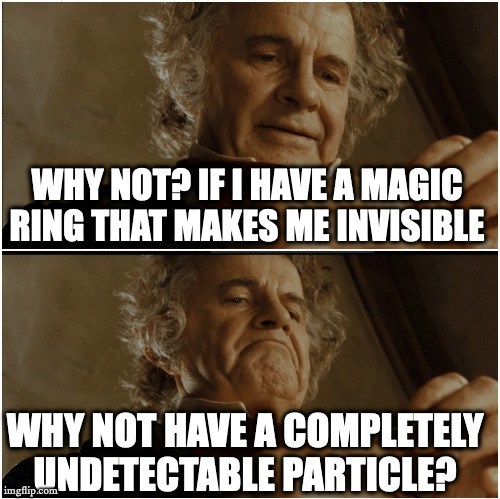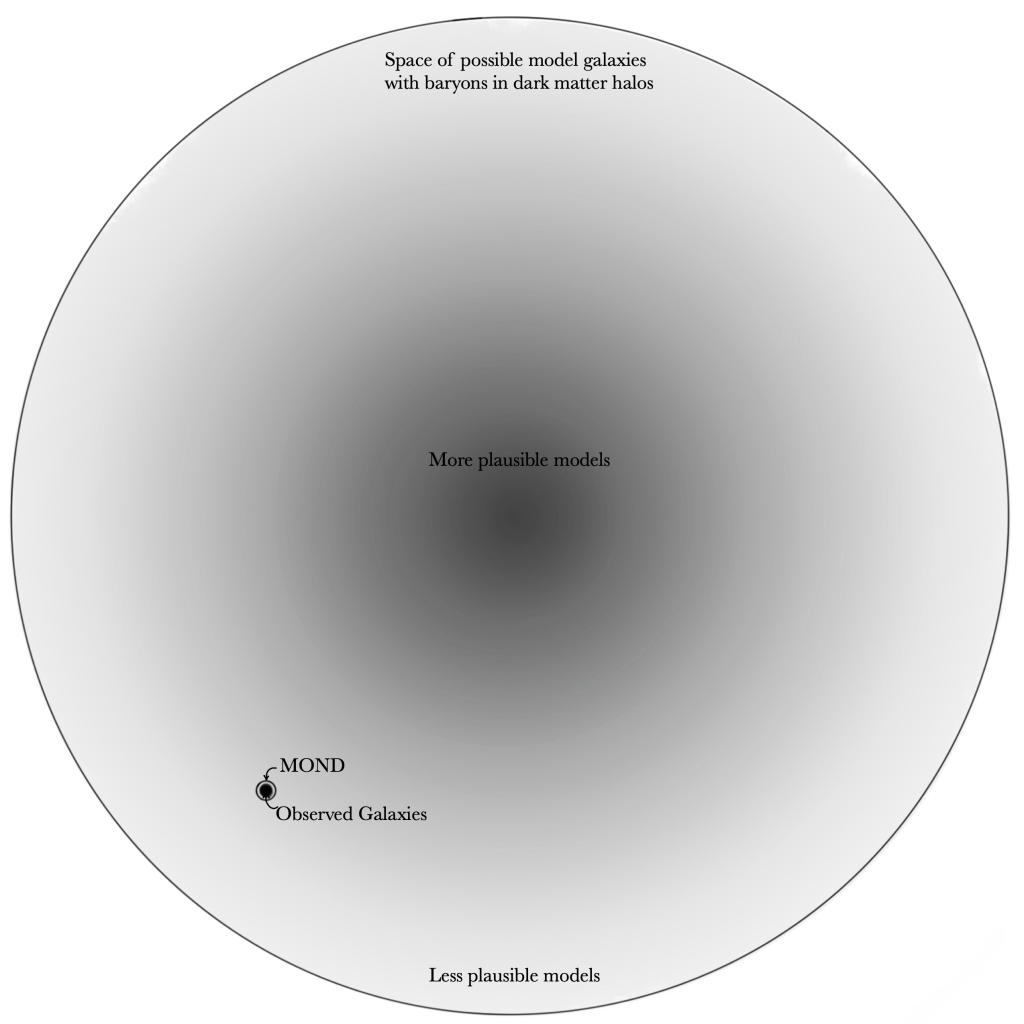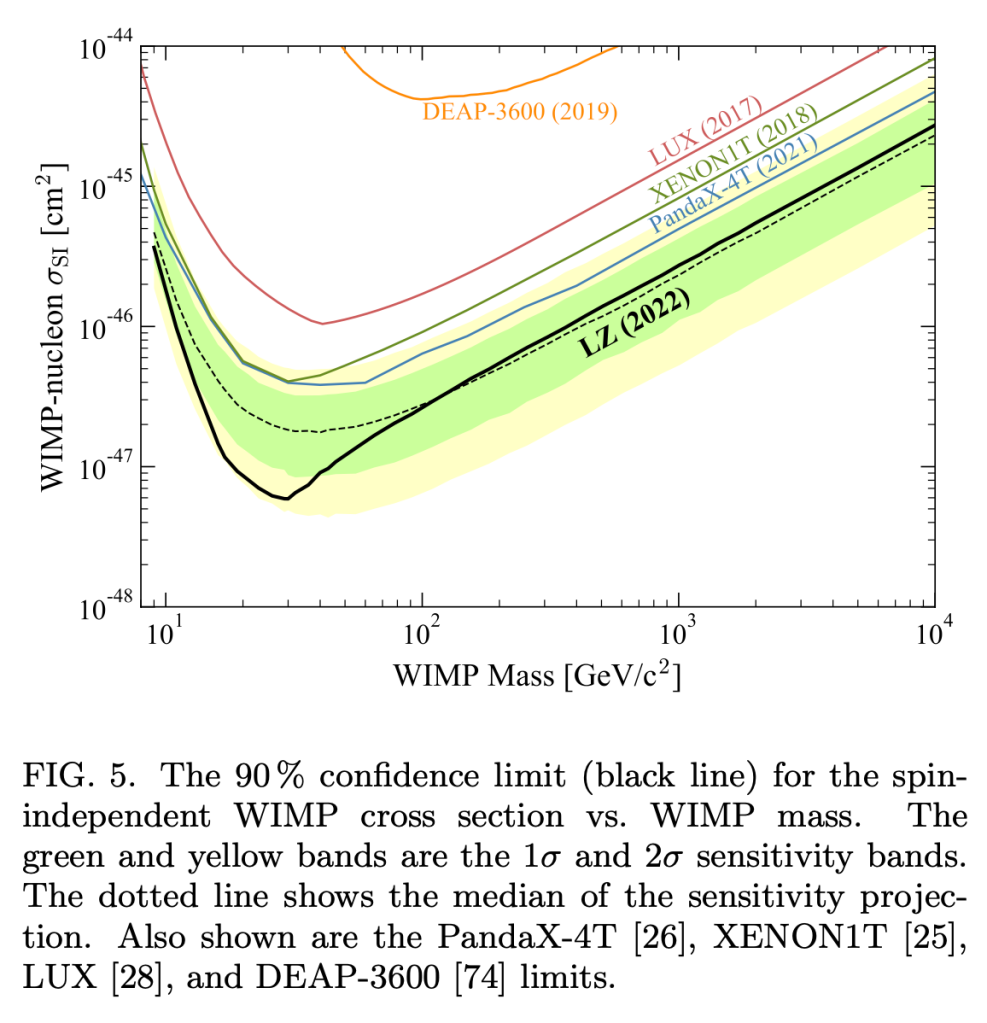
We are visual animals. What we see informs our perception of the world, so it often helps to make a sketch to help conceptualize difficult material. When first confronted with MOND phenomenology in galaxies that I had been sure were dark matter dominated, I made a sketch to help organize my thoughts.







